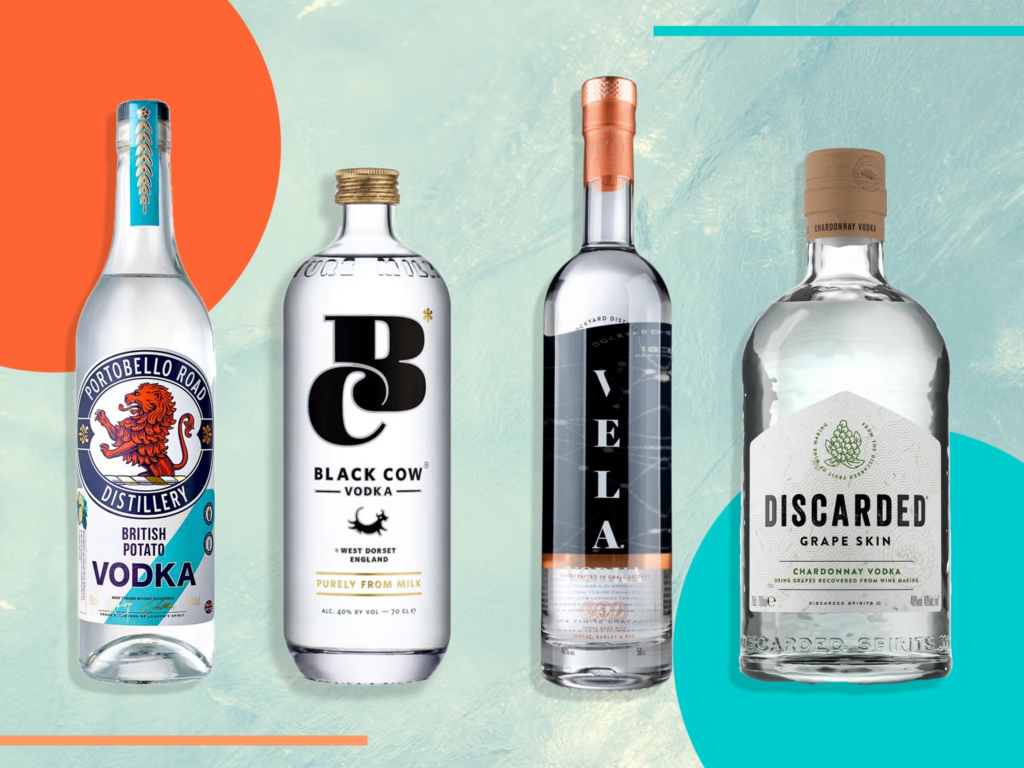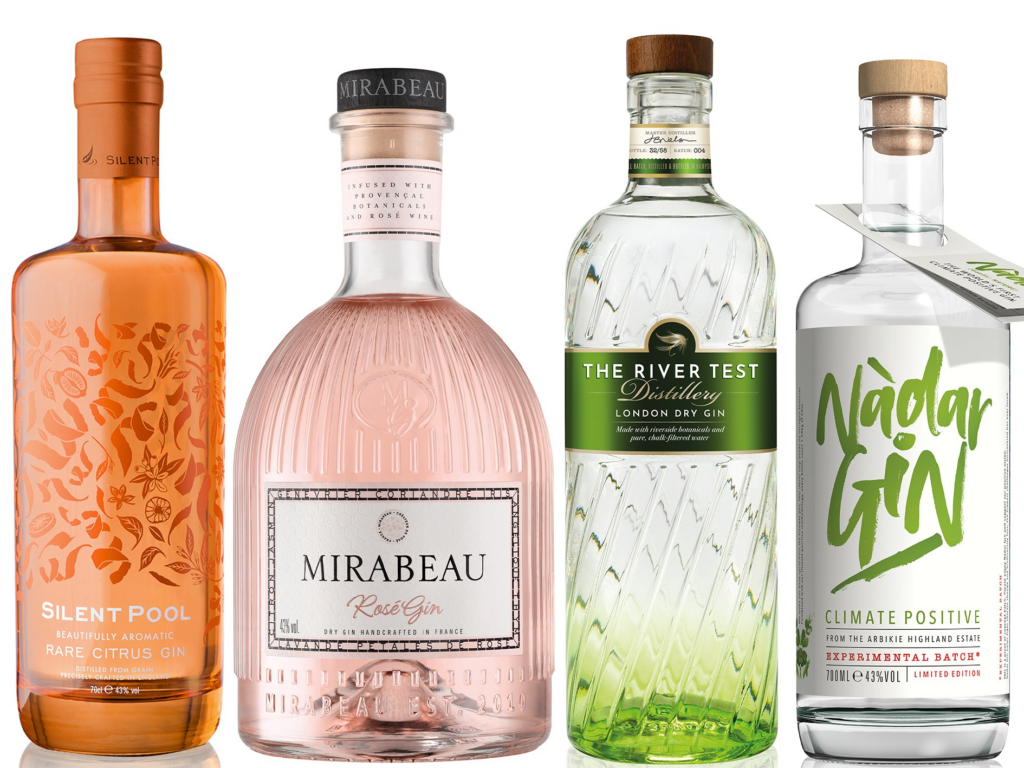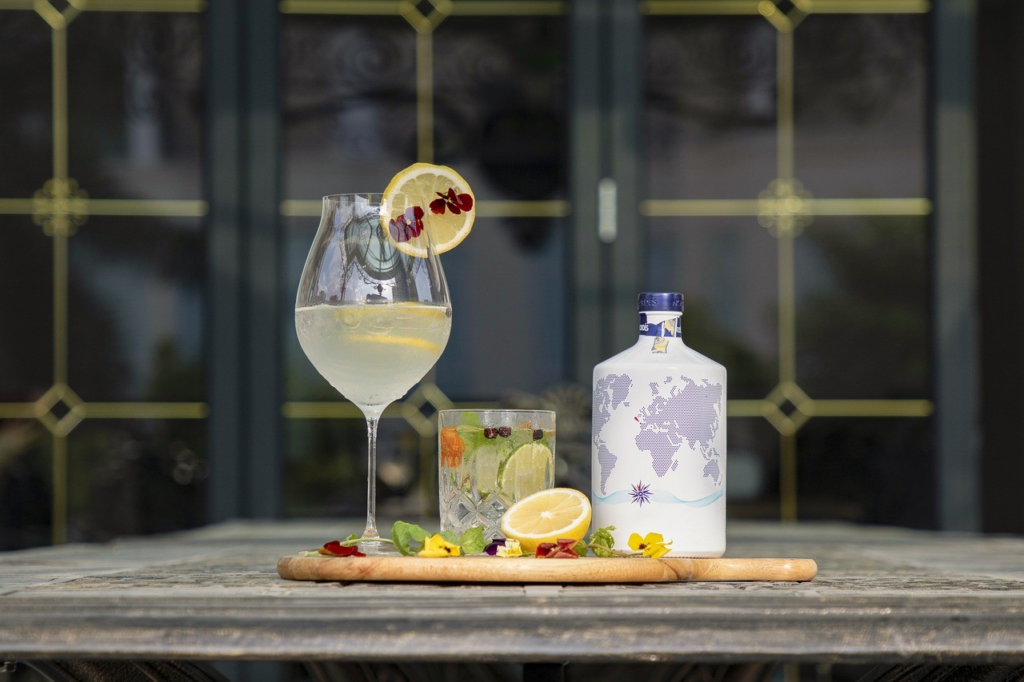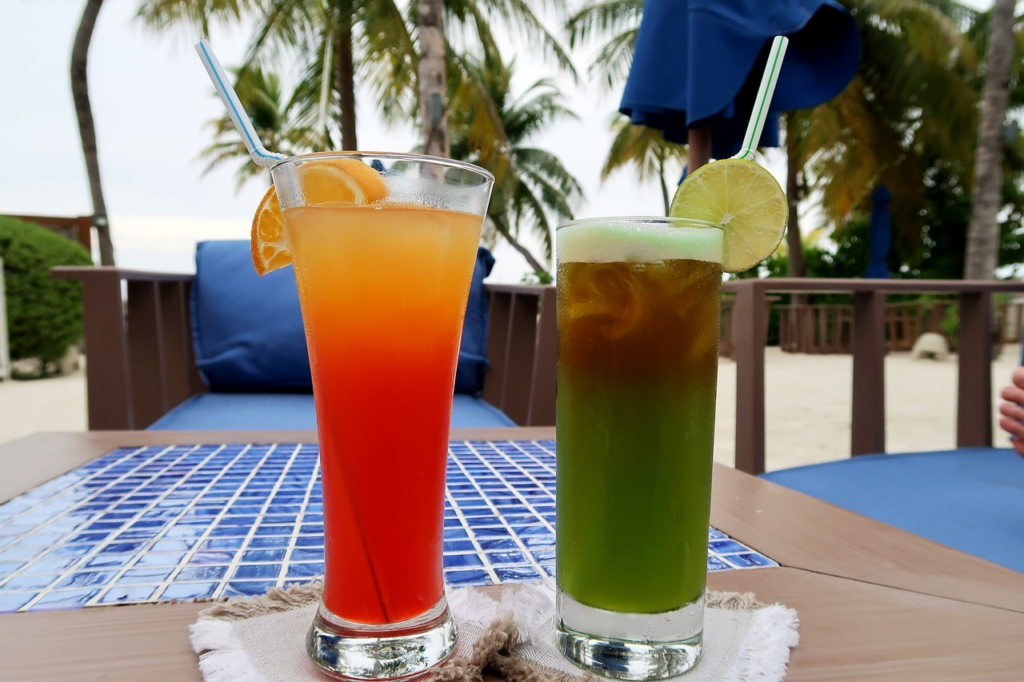
Regarding clear spirits, gin and vodka reign supreme. While they may look similar in the glass, their flavors, history, and how they’re used in cocktails couldn’t be more different. Whether you’re a fan of the sharp botanical burst of gin or the smooth neutrality of vodka, this guide will break down the key differences in taste, use, and even where these spirits came from.
Table of Contents
What is Vodka?

Vodka’s story begins in Eastern Europe, where it has long been a cultural staple. Though the exact origin is disputed between Russia and Poland, vodka as we know it today emerged in the 14th century. Originally distilled as a medicinal remedy, it didn’t take long for vodka to become a popular beverage. “Vodka” comes from the Slavic word “voda,” meaning water, which speaks to its clear, pure appearance.
Who Invented Vodka?
While vodka’s invention is steeped in folklore, it’s largely credited to monks and medieval distillers in Eastern Europe who created it as a medicinal tonic. The first recorded production of vodka was in Russia around 1430 by a monk named Isidore of Chudov Monastery in Moscow, who used it for therapeutic purposes.
Vodka’s Taste Profile
- Neutral and clean: Vodka is known for its almost flavorless quality, thanks to multiple distillations that remove impurities.
- Mild hints of sweetness or spice: Depending on the base ingredients (often wheat, rye, potatoes, or corn), some vodkas can carry slight notes of grain or pepper.
- Smooth finish: A premium vodka will have a smooth, velvety mouthfeel with little to no harshness, which is why it’s often sipped neat in many countries.
7 Kick-Ass Bachelor Party Ideas
What is Gin?

Gin has its roots in 17th century Netherlands, where it was initially developed as a medicinal liquor known as “genever.” Dutch physician Franciscus Sylvius is often credited with creating gin in the 1600s as a remedy for kidney ailments. The English soldiers, fighting in the Thirty Years’ War, discovered this drink and brought it back to England, where it evolved into the gin we know today. By the 18th century, gin had become wildly popular in England, especially during the infamous “Gin Craze.”
Who Invented Gin?
The invention of gin is generally attributed to Franciscus Sylvius, a Dutch doctor who, in the mid-1600s, experimented with juniper berries to create a medicinal spirit. However, genever, the precursor to gin, was likely being made before Sylvius popularized it, with juniper-flavored spirits existing as far back as the 13th century.
Gin’s Taste Profile
- Bold and botanical: The defining characteristic of gin is its juniper-forward flavor, which gives it a piney, earthy, and slightly bittersweet taste.
- Complex notes: Beyond juniper, gin often includes botanicals such as coriander, angelica root, citrus peels, and spices, adding layers of complexity. Each brand may emphasize different botanicals, resulting in unique flavor profiles.
- Bitterness with a touch of citrus: The herbal complexity is sometimes balanced by citrus, giving gin its distinctively bright, yet slightly bitter finish.
Origins of Vodka and Gin
| Spirit | Origin | Year | Inventor | Primary Ingredient |
|---|---|---|---|---|
| Vodka | Russia/Poland (disputed) | ~14th century | Eastern European monks (e.g., Isidore) | Grains, potatoes, corn |
| Gin | Netherlands | 17th century | Franciscus Sylvius | Juniper berries, botanicals |
How They’re Used in Cocktails


The differences in flavor make gin and vodka suitable for different types of cocktails. Vodka’s neutral profile makes it the go-to choice for drinks where other flavors take center stage, while gin’s botanical nature lends itself to more flavor-forward cocktails.
Vodka Cocktails
- Classics: Vodka is the backbone of cocktails like the Martini (especially when “dirty”), Bloody Mary, and Moscow Mule.
- Versatility: Its neutrality allows it to seamlessly blend with mixers like fruit juices, tonics, and even coffee liqueur, making it a bartender’s favorite for experimentation.
- Popular Variations: Vodka cranberry, Cosmopolitan, and Espresso Martini are all examples of how vodka pairs well with bold, sweet, or sour flavors.
Gin Cocktails
- Signature Drinks: Gin is the star of iconic cocktails such as the Gin and Tonic, Negroni, and Tom Collins, where its herbal and citrus notes shine.
- Botanical Enhancements: Because gin already has complex flavors, it pairs well with tonics, sodas, and citrus. Many gin cocktails focus on enhancing the natural botanicals with additional layers of flavor.
- Popular Variations: The classic Gin Martini, French 75, and Gimlet are other examples where gin’s distinctive character is front and center.
Key Differences Between Gin and Vodka
| Feature | Gin | Vodka |
|---|---|---|
| Primary Flavor | Juniper berries and botanicals | Neutral, slight grain or potato notes |
| Taste Profile | Herbal, citrusy, floral, bitter | Clean, smooth, neutral |
| Best for Cocktails | Bold cocktails with complex flavors | Versatile cocktails, any flavor works |
| Alcohol Content | Typically 40–47% ABV | Typically 35–50% ABV |
| Uses in Mixology | Herbal, citrusy cocktails like Gin and Tonic | Neutral cocktails like Vodka Martini, Mule |
| History | Dates back to 1600s Netherlands | Originated in 14th-century Russia/Poland |
Which Should You Choose?


Ultimately, the choice between gin and vodka comes down to your taste preferences and what you plan to use the spirit for.
- If you love bold, herbal, and complex flavors, gin is a fantastic choice. Its juniper-forward taste, paired with other botanicals, makes it ideal for those who enjoy layered cocktails.
- If you prefer a cleaner, smoother spirit that can blend seamlessly with a wide variety of mixers, vodka is perfect. It’s the go-to for many simple yet delicious cocktails where the spirit takes a back seat to the other ingredients.
Conclusion
Whether you’re crafting a classic Martini or experimenting with a creative cocktail, both gin and vodka offer unique qualities that can elevate your drink. Now that you know their origins, taste profiles, and key differences, you can enjoy these spirits with a deeper appreciation for their rich history and versatility in mixology.





